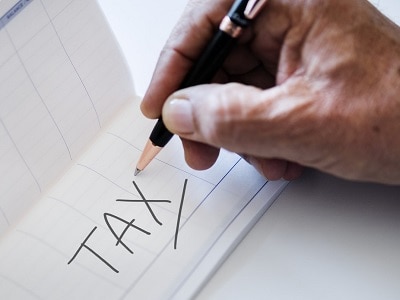Overseas Services To Be Taxed by 2020

Overseas vendor registration regime on business-to-consumer services will have the new GST imposed on them. This includes fees on electronic marketplaces, online subscription and software fees, and video streaming apps. If the regime is an overseas vendor with an annual turnover which is above $1 million, and makes more than $100,000 providing digital services to Singapore will be subjected to GST.
New Tax Estimated to Produce $90 Million Tax Revenue Per Annum
Once implemented, the new tax is expected to produce approximately $90 million in tax revenue each year for the government. The new enforcement will also protect local retailers that currently have to pay tax. This brings both local and overseas vendors to equal levels in terms of paying tax. The downside to the tax however, will be that lower-income groups are going to be disadvantaged, and some digital services could become more affordable substitutes for physical services.
For services which are business-to-business imported, such as marketing, management services and IT for example, fall under a system known as reverse charge. This means that instead of having service providers collect GST, the local-GST registered businesses will do it for the services which they import.
Digital experiences are important for Singaporeans to thrive in the new economy, which is why the Singapore government has the GST Voucher Scheme in place to help eligible households offset their GST burden. The government takes the digital divide seriously, and is doing what they can to bridge this divide. This scheme is reviewed regularly by the government. In addition, there will also be amendments to enhance the powers of taxman against individuals who are suspected to be involved in serious tax crimes.
In regards to tax crimes, new changes and enforcement powers include the IRAS (Inland Revenue Authority of Singapore) officers being able to forcibly enter a premise, conduct searches and even make arrests without warrants on suspicion of tax crimes. Anyone who is found guilty of unauthorized GST collection without reason or due to negligence will also be faced with the prospect of jail time.








